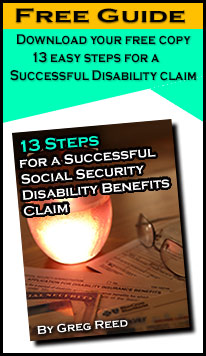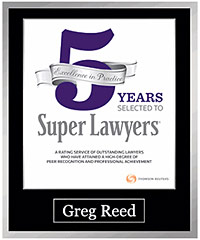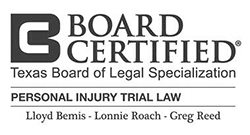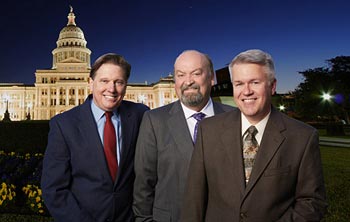Myths and Facts about the Homeless population in Austin
The homeless population in Austin has increased over the last two decades.
Author: Attorney Lonnie Roach
They sleep under bridges, in abandoned buildings, and on park benches. They ask for handouts at busy intersections or stand in line waiting for a place at a local shelter. Some live in their cars. Some are disabled. They are men, women, and children of all ages and ethnicities, coming from a wide range of circumstances. They are the homeless, surrounded by myths, misunderstanding, and prejudice.
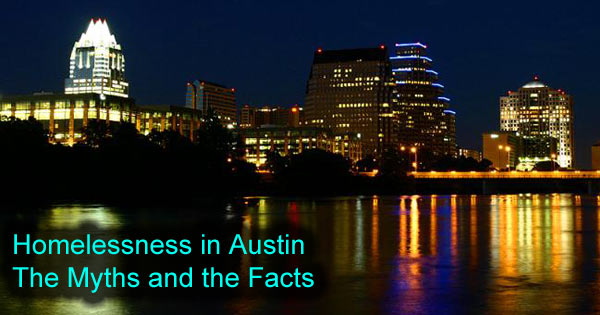
Two trends seem to be responsible for the rise in homelessness in Austin: A shortage of affordable rental housing; and an increase in poverty. But there are other factors as well.
It is estimated that there are over 2,000 homeless people in the Austin/Travis County area.
Front Steps, an Austin organization advocating for an end to homelessness, divides the population they serve into the literally homeless and not literally homeless. Literally homeless refers to people who are sleeping on the streets, in emergency shelters, or recently discharged from institutions. Not literally homeless refers to people at risk of homelessness or receiving some form of housing services. Who are the homeless in Austin? Thirty-eight percent are female, Sixty-two percent are male, and point two percent (.2%) are transgender. Forty percent are chronically homeless (homeless for a year or more) and thirteen percent are families with children while four percent are veterans and three percent are unaccompanied youth.
Two trends seem to be primarily responsible for the rise in homelessness over the past two decades: 1) a shortage of affordable rental housing; and 2) an increase in poverty.
But there are other factors which can precipitate homelessness:
- Job loss/unemployment
- Mental illness
- Lack of health care
- Substance abuse
- Domestic violence
Unfortunately, the public’s perception of the homeless and homelessness in general are built on myths which permit stereotypes to develop and result in misjudgment and hatred:
-
Homelessness is a long-term condition.
Long-term homelessness is rare. In most cases an individual experiences homelessness for just one or two days and will leave a shelter within 30 days and not return. In the U.S. there are approximately 112,000 “chronically” homeless individuals and most of these are adults who are estranged from family or have a disability or addiction.
-
Most homeless people have a severe mental illness.
Homeless individuals with a psychiatric disorder tend to be more obvious and visible to the public, so it seems natural to conclude that most homeless are mentally ill. Actually, only 13-15% of the homeless have a severe mental illness. In fact, a mental illness can protect an individual from homelessness because individuals with chronic psychiatric disorders are eligible for federal disability income, Medicaid, and housing services.
-
Homeless People Don’t Work.
According to Urban Institute, 45% of homeless people worked in the past 30 days. Homeless scavenge for scrap metal, staff shelters and are remarkably resourceful in finding ways to subsist. Though job loss frequently precipitates homelessness, those who return to work often achieve financial recovery within three years.
-
Shelters are humane solutions to homelessness.
Shelters for the homeless began as a temporary solution to a growing national problem. As shelters became more common, they evolved into institutionalized havens for poor people fleeing family discord, public offenders exiting prison, and those recovering from addiction. Shelters are often overcrowded with long lines for sleeping space, food, and showers, and there is always a risk of theft and human conflict. As a result, many homeless make the decision to return to the street.
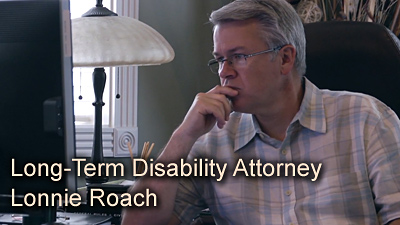
Several organizations are working hard to prevent and end homelessness in Austin, including the Foundation for the Homeless, Front Steps, and Green Doors.
At the forefront is ECHO, the Ending Community Homelessness Coalition. Using its “Pay for Success” model, ECHO plans to use private investments to provide 250 homeless with subsidized rental housing and other social services. Governments pay back investors with a modest return only if the project is successful. This program is directed toward the homeless who frequently use shelters, healthcare and emergency medical services, and those who are arrested frequently.
Homelessness is a costly problem for any community, but public policymakers in Austin remain optimistic and determined to end homelessness.
Housing costs less than the use of emergency health care services and criminal justice services so their focus has shifted to getting people into affordable housing first, and then resolving social and health related issues. By connecting people with affordable housing solutions, these organizations hope to improve the health and well-being of homeless individuals and families while decreasing the use of emergency healthcare and other public crisis services.
Disability benefits are an important source of income for those who are unable to work. If you not able to work due to accident or illness, you may be eligible for Social Security Disability or Long Term Disability benefits. If you have applied for benefits and been denied, contact the attorneys at Bemis, Roach and Reed for a free consultation. Call 512-454-4000 and get help NOW.
How can I get help from Meals on Wheels of Austin – Central Texas?
The Austin Mayor’s Committee for People with Disabilities
Taxes and the Disabled

Your Free Initial Consultation
At Bemis, Roach and Reed, if we can't help you, we will try to find the right attorneys for you.
We offer each of our prospective clients a free no obligation one hour phone or office consultation to see if we can help you and if you are comfortable with us. We know how difficult a time like this can be and how hard the decisions are. If we can be of assistance to you and help you find a solution to your issue we will even if that means referring you to another attorney.
Or simply call
512-454-4000
to schedule your
Free Consultation
Let's get you Started:
If you could provide us with some basic information about your claim we will get right back with you with a free case evaluation and schedule your Free Consultation Today.

